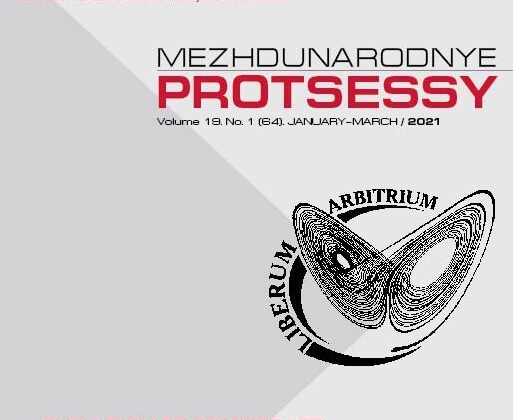(Diplomacy & Statecraft) The Kosovo case remains topical for understanding the practice of state recognition, especially in the context of secessionist claims to independence. The diversity of reactions of third states to Kosovo’s declaration of independence finds basis on the gaps of international law that allow politics to play out in the practice of state-recognition. This analysis takes a closer look at arguments used by third states in their recognition practices related to Kosovo. It compares and contrasts the differing reactions to Kosovo’s claim to independence and deconstructs the politics of recognition with the help of Qualitative Content Analysis. This enquiry identifies ‘earned sovereignty’, ‘regional peace and stability’, and the ‘EU/NATO perspective’ as the main themes used for justifying Kosovo’s recognition. In essence, the practice of state recognition is both a legal and political act needing to be analysed in light of the political considerations of third states.
Read More © Diplomacy & Statecraft
Image: Eiki Berg











